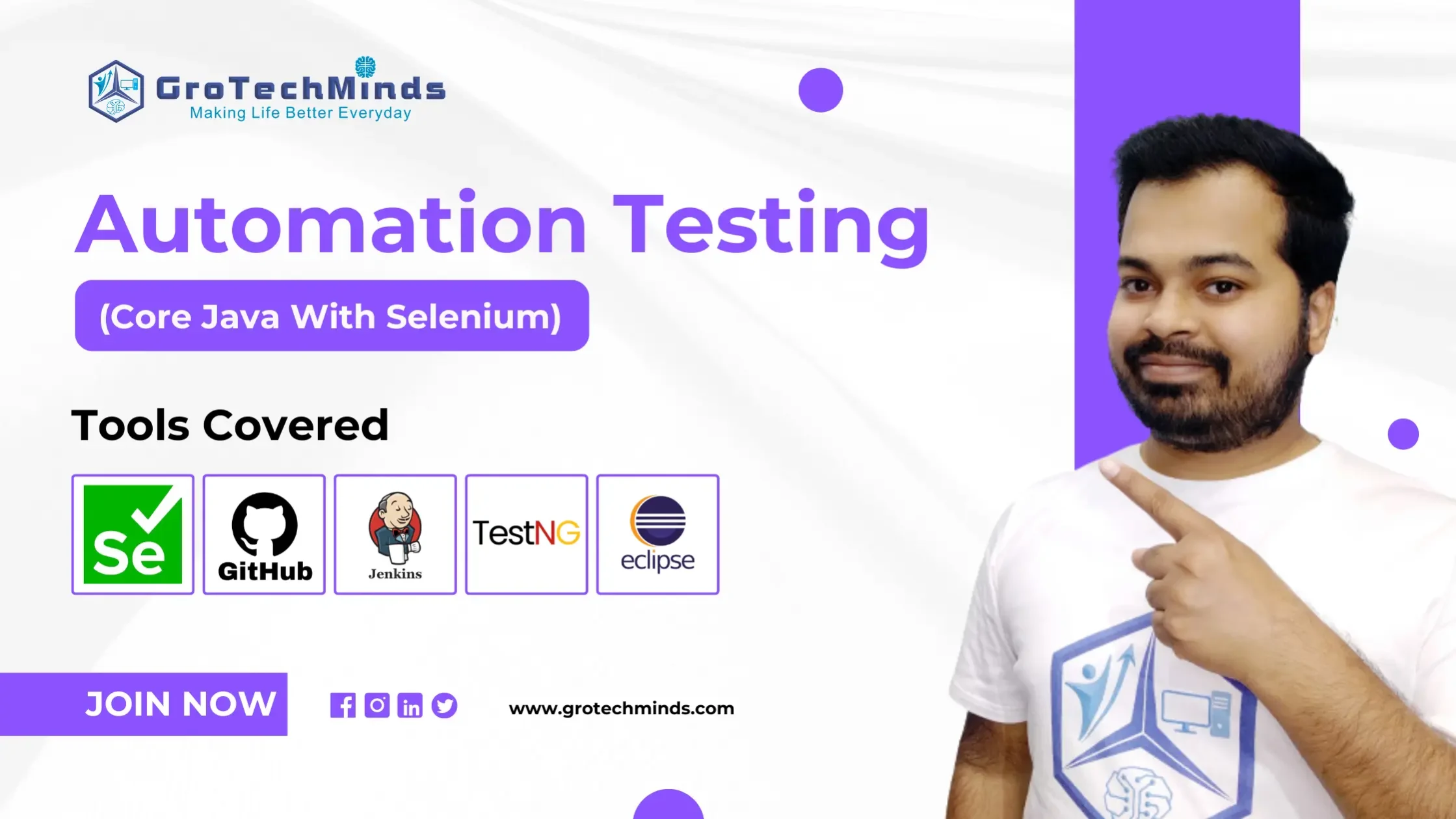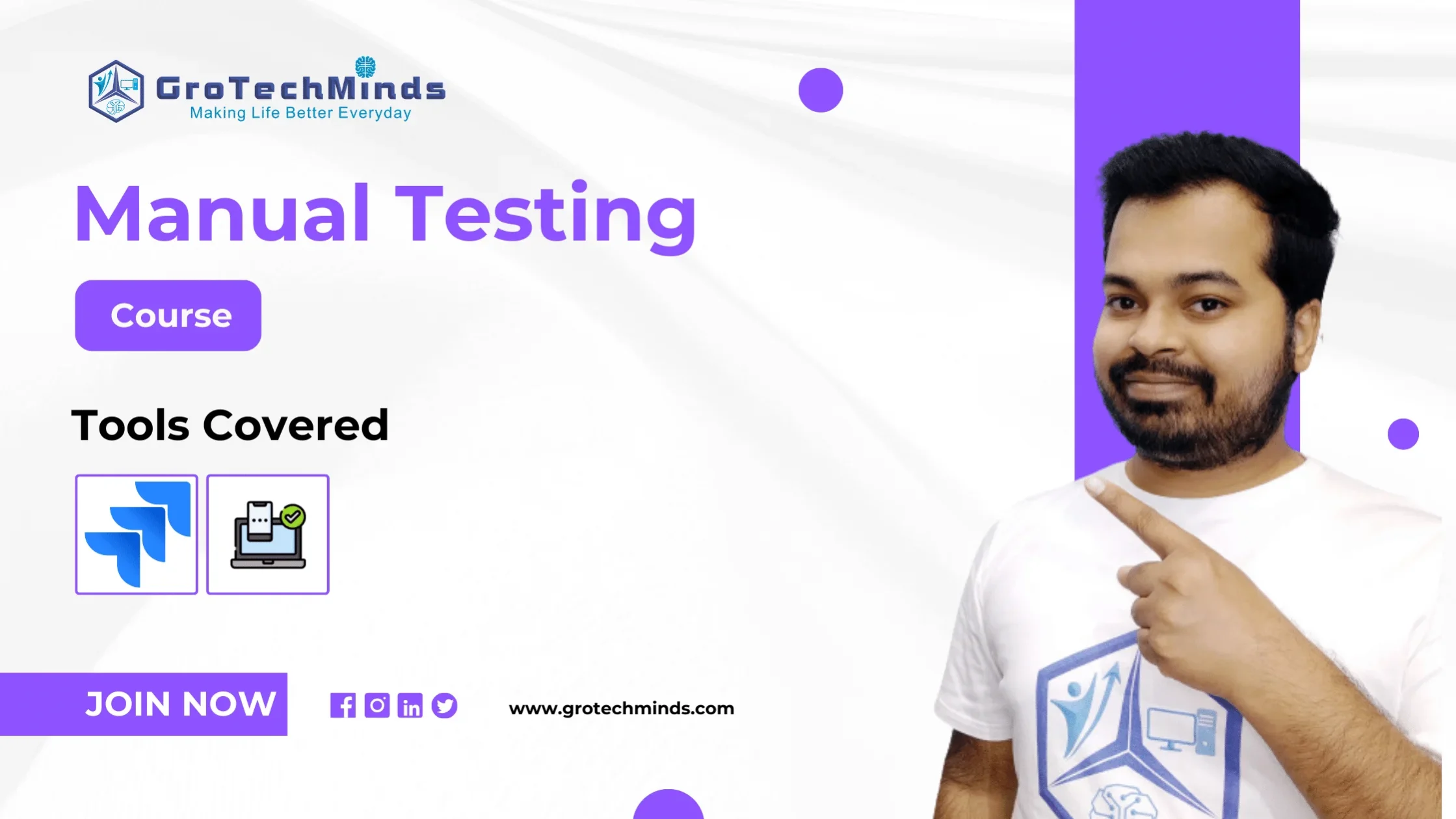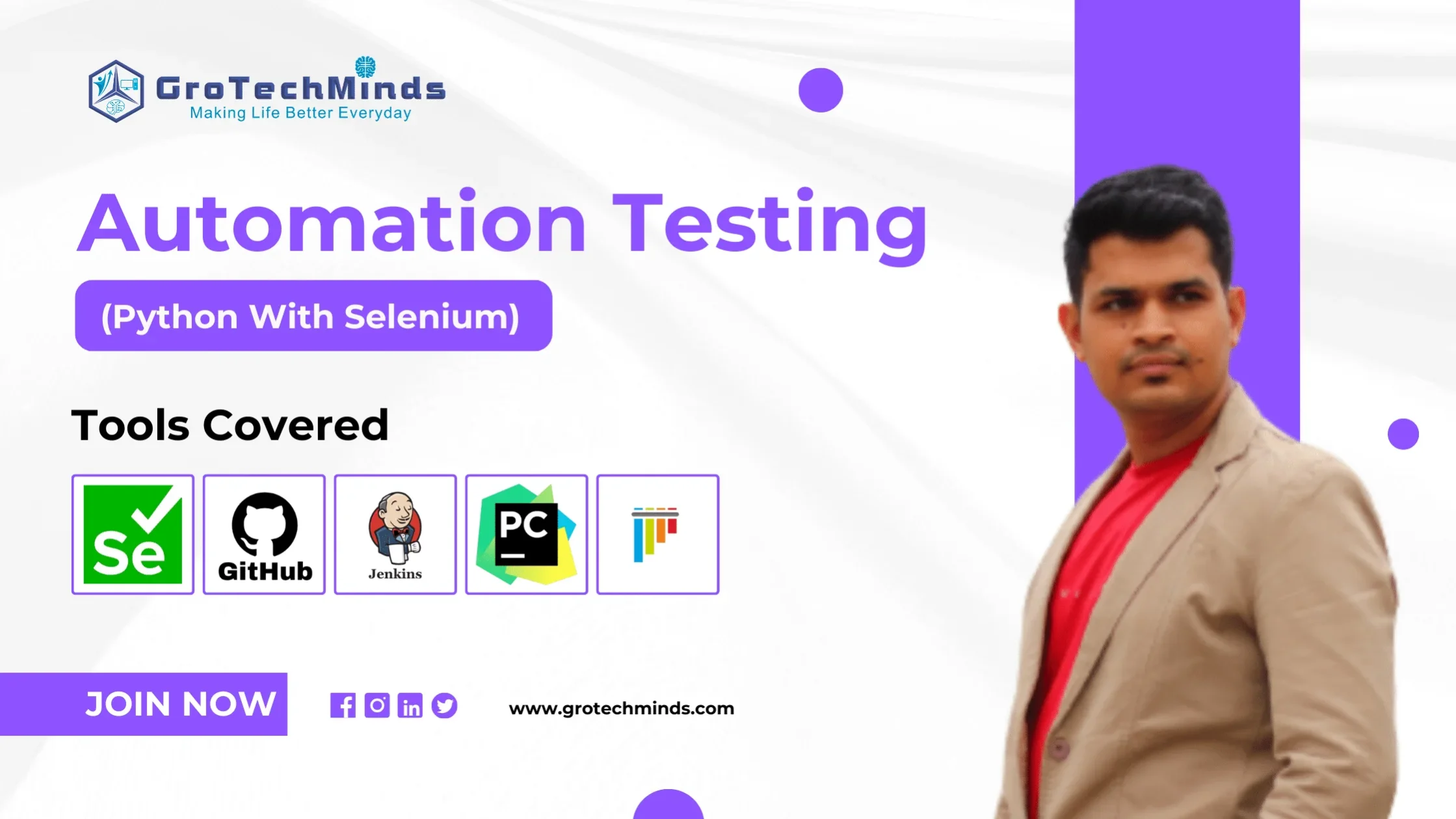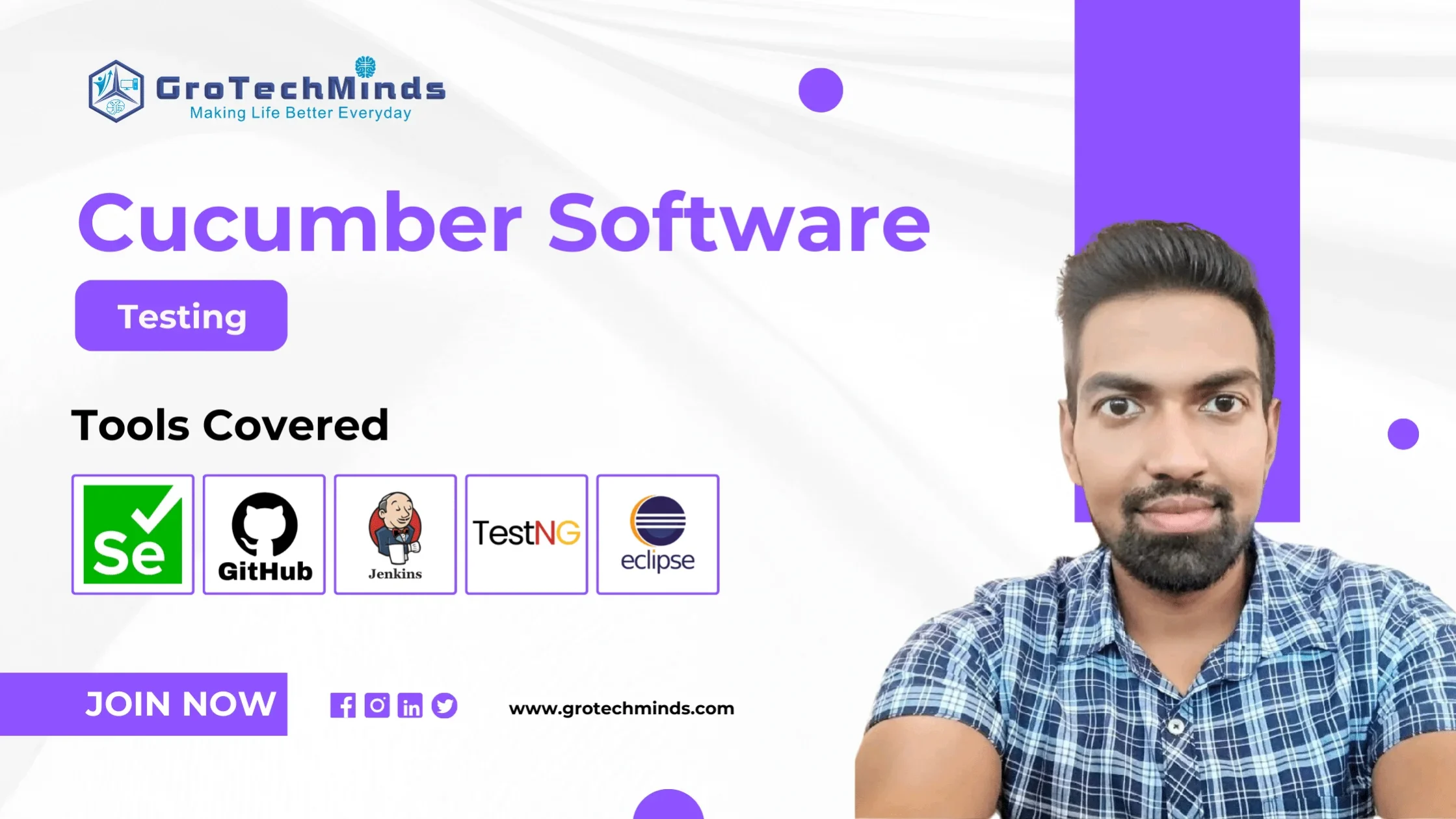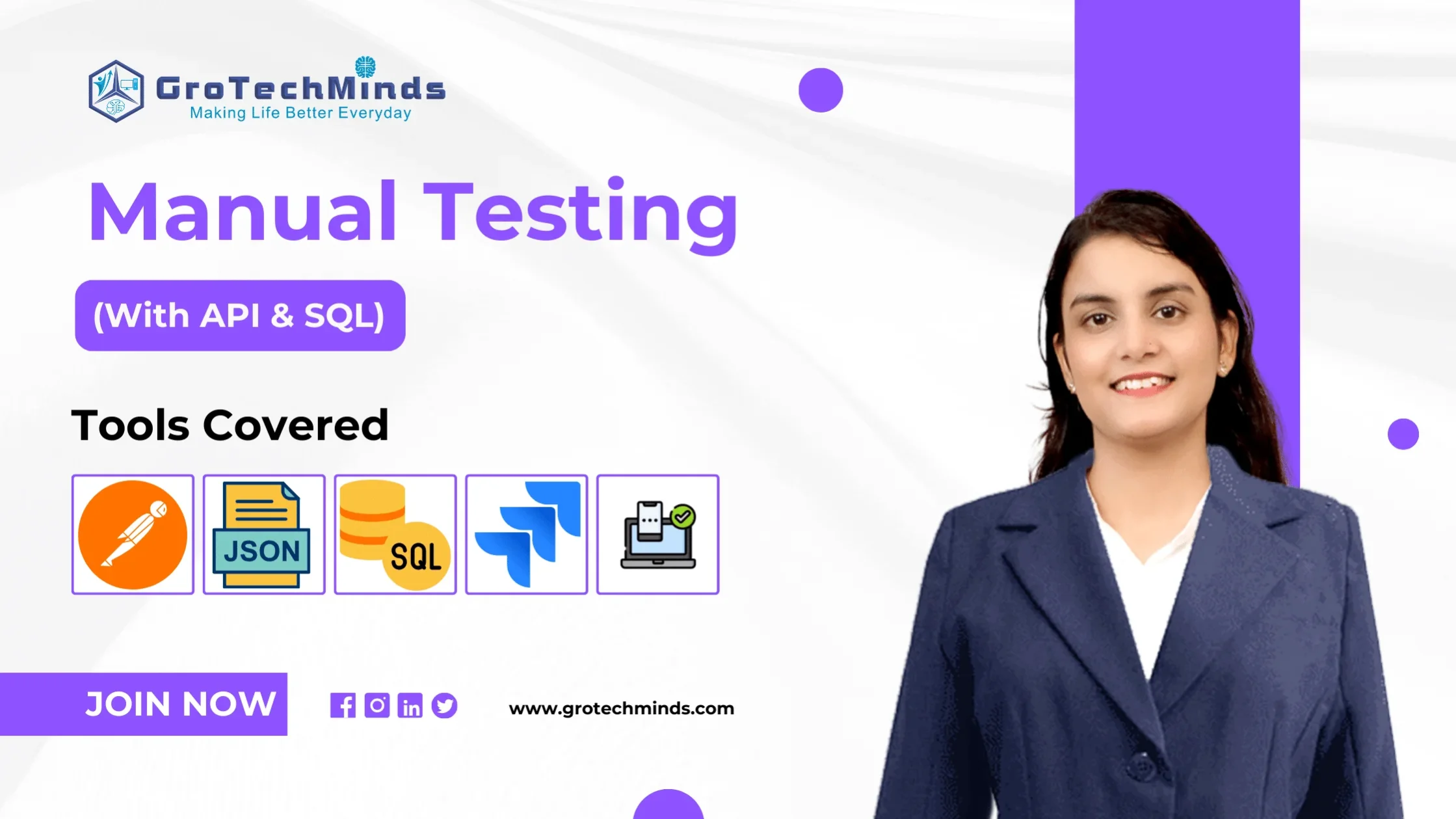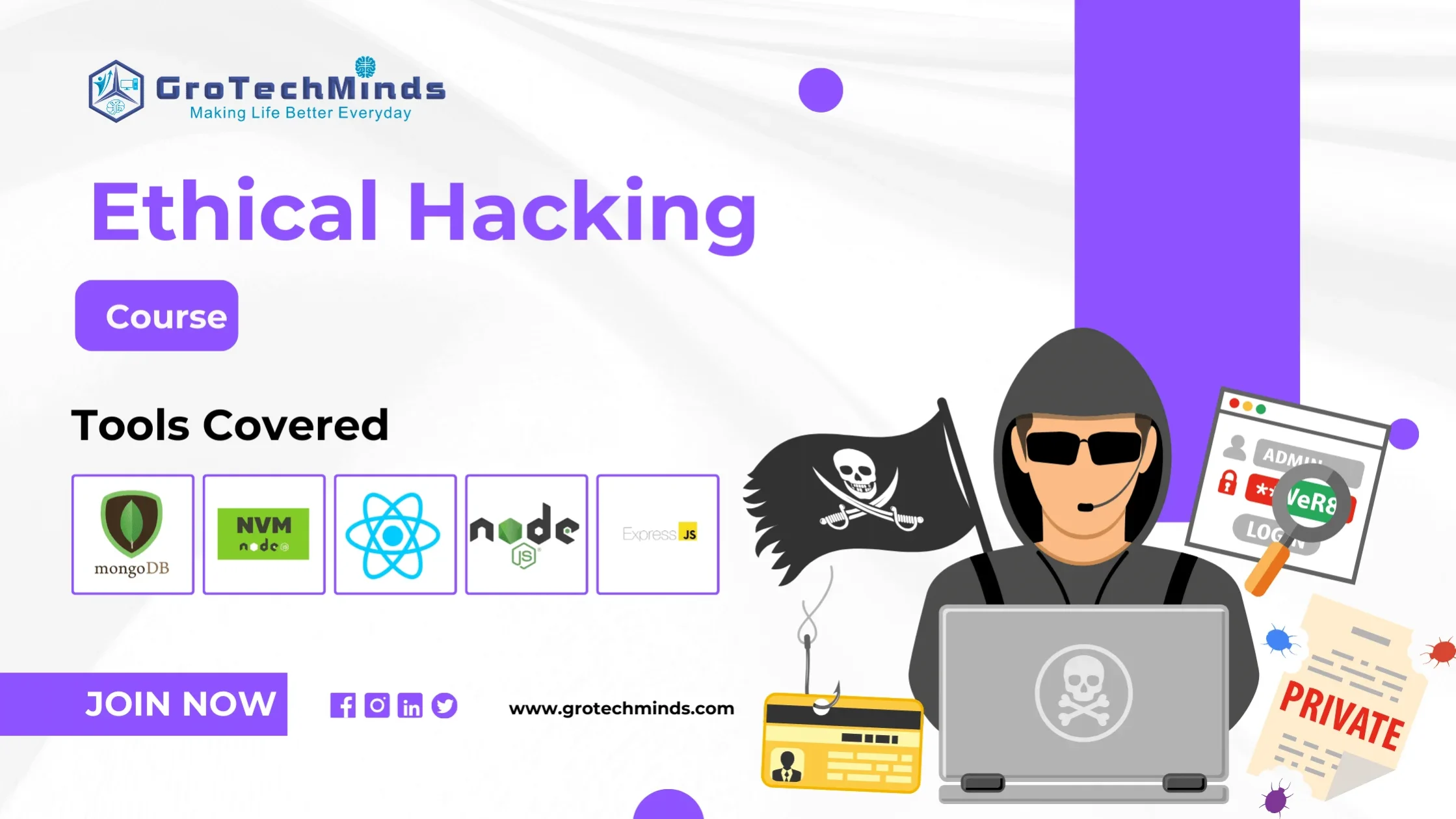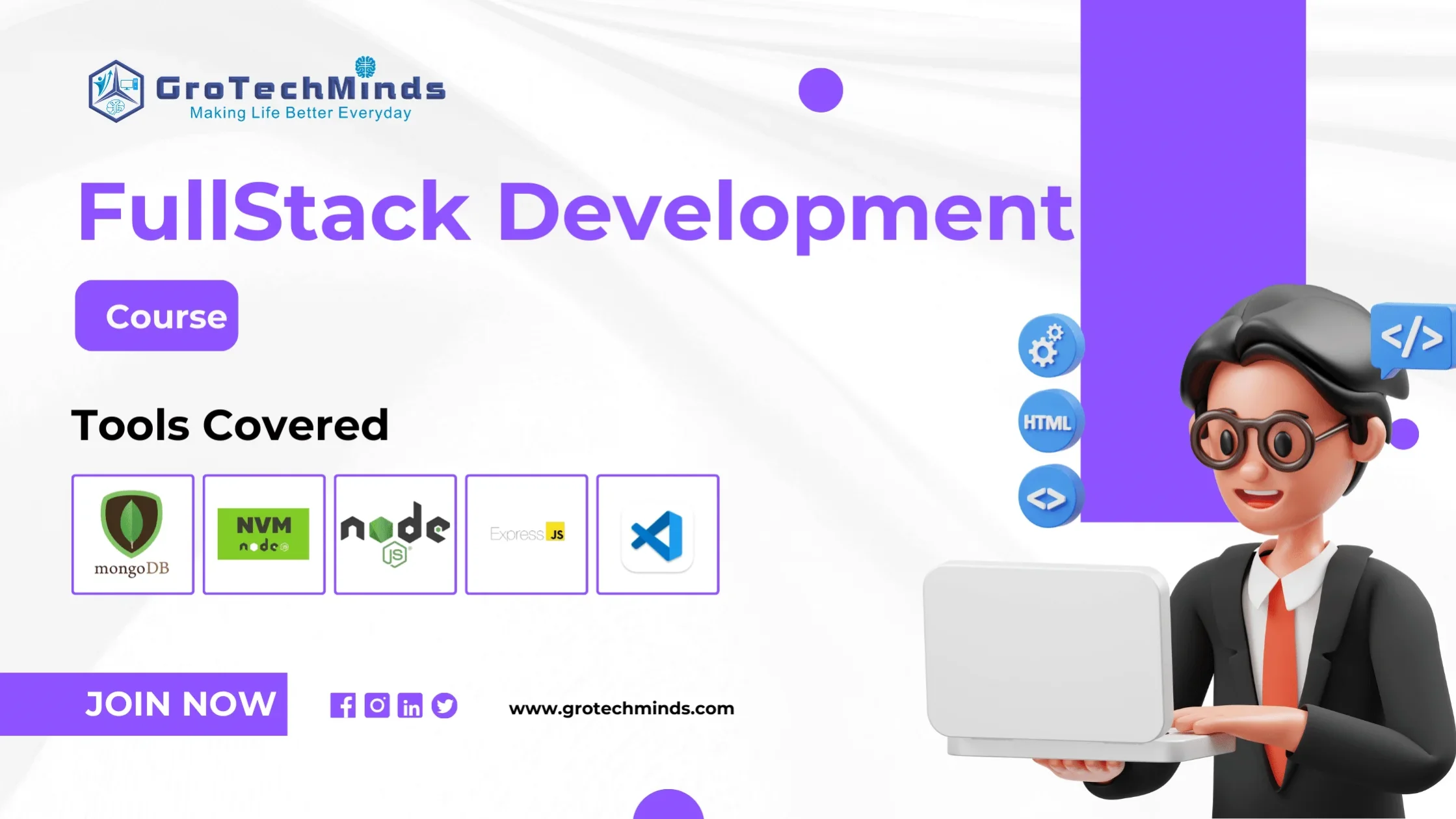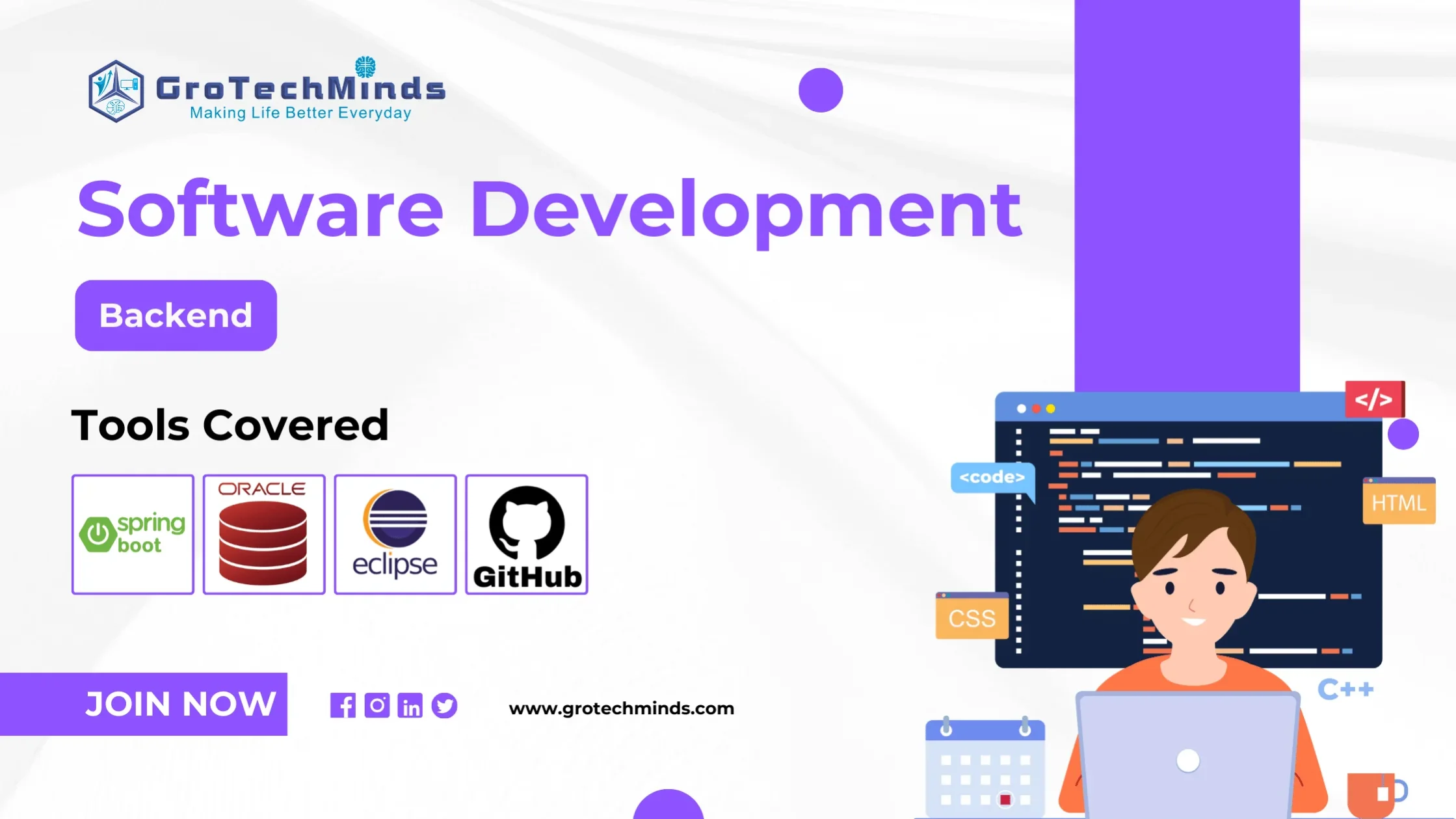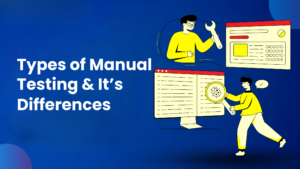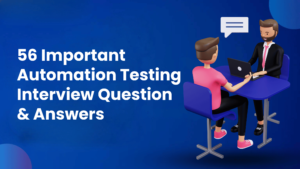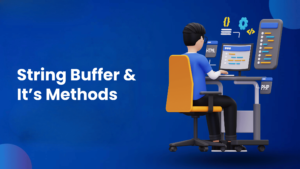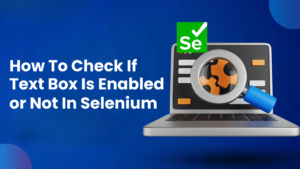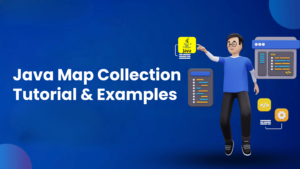
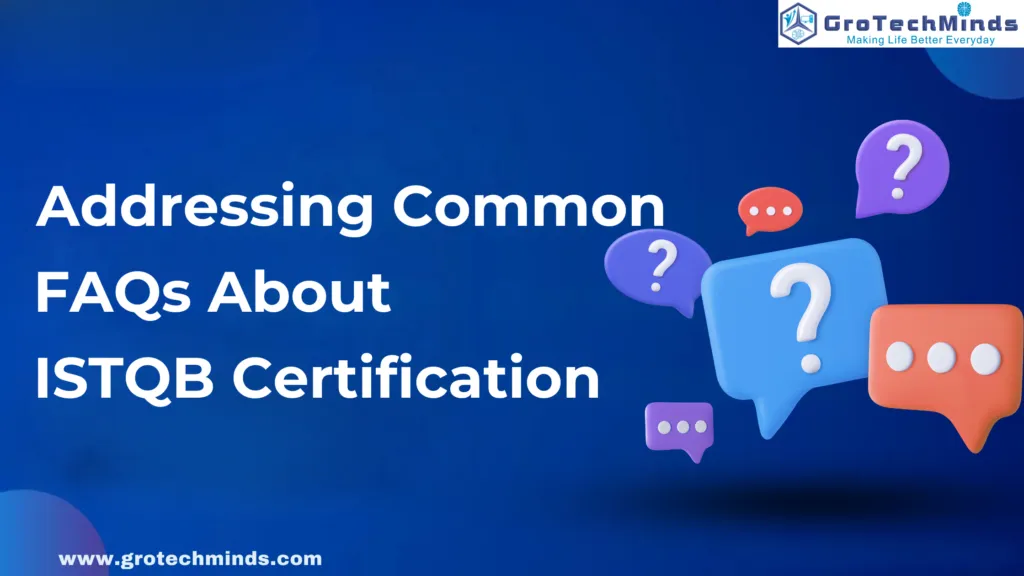
The world of software testing certification: it’s like diving into a web of terms and exam study materials, isn’t it? If you’re feeling confused by the idea of learning the ins and outs of ISTQB certification, don’t worry, my buddy. You’ve landed in the perfect position.
Here, we’ll answer those important questions: what is ISTQB certification, and why should I care? How can I prepare for the tests without losing my focus? And, most importantly, is it worth it?
Introduction to our only corner of the web, where we’re all about uncovering the mysteries of the ISTQB certification process. Whether you’re a curious beginner wondering what all the buzz is about, or a seasoned tester thinking about taking a risk, consider this your one-stop shop for everything ISTQB.
ISTQB Certification is an internationally recognized certification program designed specifically for software testing professionals. It provides a platform to test the knowledge and skills of software testers, ensuring a high level of judgement and professionalism in the field of software testing/QA.
ISTQB Certification is suitable for anyone involved in software testing, including test designers, test analysts, test engineers, test consultants, test managers, user acceptance testers, and system testers. It’s beneficial for professionals looking to validate their testing skills and knowledge, as well as those aiming to enhance their career prospects in the software testing field.
ISTQB Certification is structured into three main levels:
- Foundation Level: Suitable for beginners and provides a basic understanding of software testing.
- Advanced Level: For experienced testing professionals looking to deepen their knowledge in specific areas of software testing.
- Expert Level: For those who wish to specialise further and are considered leaders in their field of expertise within software testing.
- There are also additional Specialist certifications available that focus on specific areas of testing such as Agile, Mobile Application Testing, and Test Automation.
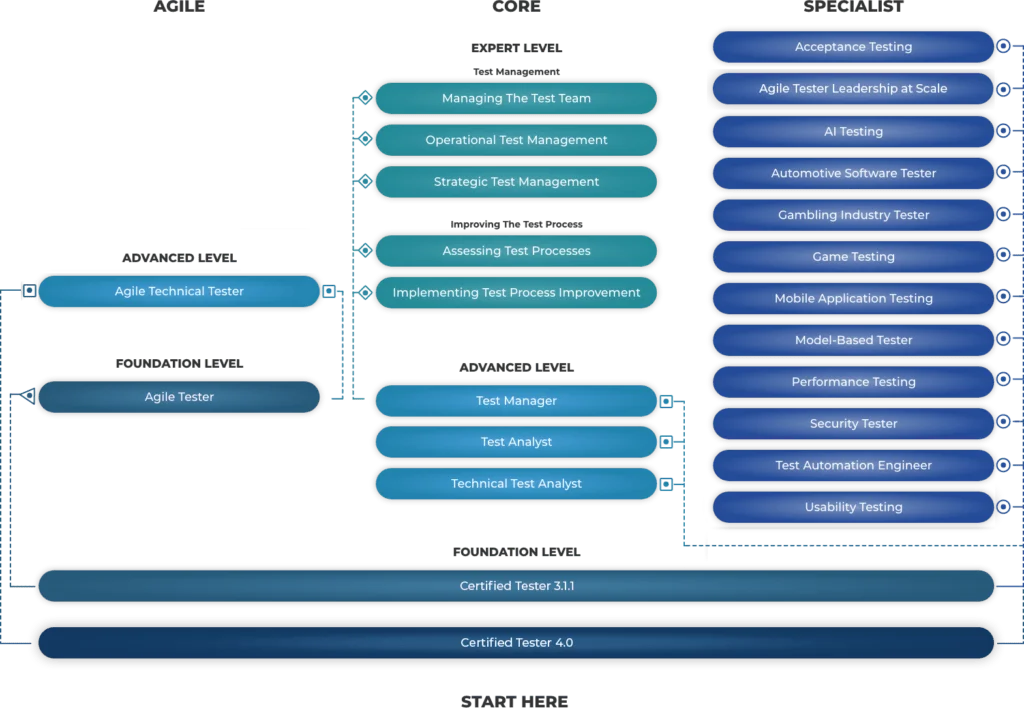
Online courses can help a lot for nearly 20 hours of training by someone who is already a master in this field. After which students can do their self-study.
The cost of ISTQB Certification exams can vary depending on the country, the level of certification, and whether you are taking the exam through a training provider or self-studying. Typically, prices range from $150 to $250 for the Foundation Level exams. It’s best to check with your national or regional ISTQB board for the most accurate and up-to-date pricing information.
ISTQB Certifications are valid for life and do not require renewal. This lifelong validity applies to all levels of certification.
- Recognition: ISTQB Certification is recognized globally, making it a valuable credential for software testing professionals worldwide making it easier for them to stand out from rest.
- Career Advancement: It can open up more job opportunities and the potential for higher salaries.
- Knowledge Enhancement: Helps professionals stay updated with the latest testing methodologies and tools.
- Professional Credibility: Adds professional credibility and demonstrates a commitment to the field of software testing and quality assurance.
Yes, many ISTQB exams can now be taken online as remote proctored exams, allowing you to take the exam from anywhere while being monitored by an invigilator through your computer.
ISTQB offers a universally recognized certification that adheres to an internationally agreed-upon syllabus, which is its primary distinction from other certifications. While other programs might focus on specific methodologies or tools, ISTQB provides a comprehensive foundation in software testing principles and practices. It’s designed to be applicable across methodologies, technologies, and industries, making it a versatile choice for professionals in any country.
The difficulty of the ISTQB Foundation Level exam largely depends on your background in software testing and your preparation. It’s considered to be an entry-level examination designed to validate your understanding of the basics of software testing. With proper study and understanding of the syllabus, most individuals with some experience or training in software testing find the exam to be fair. Those who don’t revise the full syllabus often find it difficult to pass the exam.
For the Foundation Level certification, there are no formal prerequisites. However, it is beneficial to have some knowledge of or experience in software testing. For Advanced and Expert Level certifications, a Foundation certificate is typically required, and there are additional prerequisites such as years of testing experience.
Your choice between pursuing a Specialist or an Advanced certification should be based on your career goals and interests. Specialist certifications allow you to focus on a particular area of testing such as Agile, Automotive Software Tester, or Test Automation Engineer, making them suitable for those who wish to deepen their expertise in a specific area. Advanced certifications, on the other hand, are designed for those looking to expand their knowledge and skills in more comprehensive areas of software testing at a deeper level.
Yes, if you do not pass the ISTQB exam, you can retake it. There is usually no limit on the number of attempts, but you may need to wait for a certain period before retaking the exam, and you will need to pay the exam fee for each attempt. It’s advisable to review the areas of the syllabus where you were weak and consider additional study or training before retaking the exam.
The ISTQB Foundation Level exam consists of multiple-choice questions. Each question is worth one point, and there is no penalty for wrong answers. The passing score is typically 65%, meaning you must answer 26 out of 40 questions to pass.
While ISTQB Certification is highly respected and can significantly enhance your resume, it does not guarantee a job. Employers consider a range of factors when hiring, including experience, education,technical skill and soft skills.
ISTQB Certification can help in career advancement by validating your software testing knowledge and skills, making you stand out in job applications and promotions. It reflects a commitment to professional development and a commitment to industry standards.
ISTQB syllabus are regularly reviewed and updated to ensure they remain relevant and in line with the latest developments in software testing and quality assurance practices. Typically, updates occur every few years, but this can vary depending on the specific certification and the pace of change in the industry. It’s important to study from the latest version of the syllabus when preparing for your exam.
Yes, ISTQB offers certifications specifically designed for Agile environments, such as the ISTQB Foundation Level Agile Tester and the ISTQB Agile Technical Tester certifications. These certifications are tailored to professionals working in Agile teams and cover principles, practices, and tools relevant to Agile testing methodologies, making them highly beneficial for testers in Agile settings.
While work experience is not a formal requirement for understanding the ISTQB syllabus, especially at the Foundation level, it can enrich your understanding and application of the concepts covered. Practical experience allows you to relate the theoretical knowledge to real-world scenarios, enhancing your learning and preparation for the exam.
Yes, there are numerous online resources and communities available to help with ISTQB exam preparation. These include:
Official ISTQB syllabus and sample exams available on the ISTQB website.
Online forums and study groups where candidates can discuss topics and share study tips.
Blogs and articles written by ISTQB-certified professionals sharing their exam experiences and preparation advice.
Online courses and webinars provided by certified training providers.
ISTQB Certification complements other IT certifications by focusing specifically on the quality assurance and testing aspects of software development. For instance, while certifications like PMP (Project Management Professional) or certifications from AWS (Amazon Web Services) may demonstrate expertise in project management or cloud services, respectively, ISTQB highlights a professional’s knowledge and skill in software testing. Together, these certifications can round out an IT professional’s credentials, showcasing a broad and deep skill set.
National boards are responsible for representing ISTQB in their respective countries. They adapt the ISTQB syllabi to local languages and contexts, administer certification exams, and ensure that training providers within their jurisdiction meet ISTQB standards. They play a crucial role in making ISTQB certifications accessible and relevant to professionals worldwide.
While salaries depend on various factors, including geographic location, industry, and experience, ISTQB Certification can positively impact earning potential. It demonstrates a recognized level of expertise and professionalism in software testing, which can make certified individuals more valuable to employers and clients, potentially leading to higher salary opportunities.
Yes, one of the key benefits of ISTQB Certification is its international recognition. Certified professionals may find it easier to pursue career opportunities abroad, as the certification is valued by employers worldwide. This global recognition can open doors to international projects and roles, enhancing career prospects for software testing professionals.
These additional questions provide deeper insights into the value, preparation, and strategic considerations surrounding ISTQB Certification, helping professionals navigate their certification journey more effectively.
In conclusion, we have addressed some of the most frequently asked questions about ISTQB certification, providing clarity and guidance for aspiring candidates. By understanding the exam details, following preparation tips, and recognizing the career benefits associated with ISTQB certification, you are better equipped to succeed in your certification journey. If you have any more questions or need further assistance, feel free to reach out to us or consult with industry professionals to gain valuable insights. Good luck on your ISTQB certification journey, and may you achieve your goals and aspirations in the dynamic world of software testing.
Consult Us



